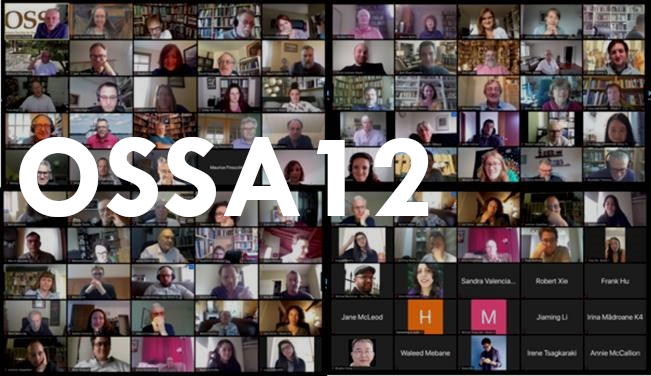Location
Room 1
Document Type
Paper
Keywords
Argument-evaluation, biased beliefs, confirmation bias, critical thinking, dialogue shifts, fallacious arguments, in situ, informal logic, reasoning, the philosophy of argumentation, the psychology of argumentation
Start Date
5-6-2020 11:00 AM
End Date
5-6-2020 12:00 PM
Abstract
The psychology of argumentation (PSA), has added new insight into argumentation theory and informal logic, fields that so far have been strongly influenced by the philosophy of argumentation (PHA). One assumption with regard to the PSA is that reasoning is argumentative and constructed to persuade. Thus, the successful outcome of reasoning is the ability to persuade for action to adapt to specific situations. Whereas biased beliefs – generated by mechanisms such as confirmation bias and motivated reasoning – might sway production and evaluation of arguments significantly. Arguers do not primarily activate reasoning for logical purposes; they do so rather to justify particular beliefs as well as actions. In contrast, from a critical PHA-perspective, reasoning is analyzed and corrected as fallacious and slippery communication in line with a normatively demanding perspective of the PHA. Insight from the PHA on smooth, manipulative, and outsmarting dialogue shifts might be decisive for understanding the outcome of a debate or group work. Another way in which the PSA and the PHA can complement each other concerns the fact that the PSA gathers data in the lab (cf. in vitro/”in glass”, referring to a lab) while the PHA does so by field studies (cf. in vivo). In this paper I will indicate how knowledge from the PSA and the PHA might be complementary approaches.
Reader's Reactions
Guillermo Sierra-Catalán, Commentary on Haavard Koppang’s “Broadening “in situ” for improving argument evaluation?” (June 2020)
Included in
Broadening “in situ” for improving argument evaluation?
Room 1
The psychology of argumentation (PSA), has added new insight into argumentation theory and informal logic, fields that so far have been strongly influenced by the philosophy of argumentation (PHA). One assumption with regard to the PSA is that reasoning is argumentative and constructed to persuade. Thus, the successful outcome of reasoning is the ability to persuade for action to adapt to specific situations. Whereas biased beliefs – generated by mechanisms such as confirmation bias and motivated reasoning – might sway production and evaluation of arguments significantly. Arguers do not primarily activate reasoning for logical purposes; they do so rather to justify particular beliefs as well as actions. In contrast, from a critical PHA-perspective, reasoning is analyzed and corrected as fallacious and slippery communication in line with a normatively demanding perspective of the PHA. Insight from the PHA on smooth, manipulative, and outsmarting dialogue shifts might be decisive for understanding the outcome of a debate or group work. Another way in which the PSA and the PHA can complement each other concerns the fact that the PSA gathers data in the lab (cf. in vitro/”in glass”, referring to a lab) while the PHA does so by field studies (cf. in vivo). In this paper I will indicate how knowledge from the PSA and the PHA might be complementary approaches.

